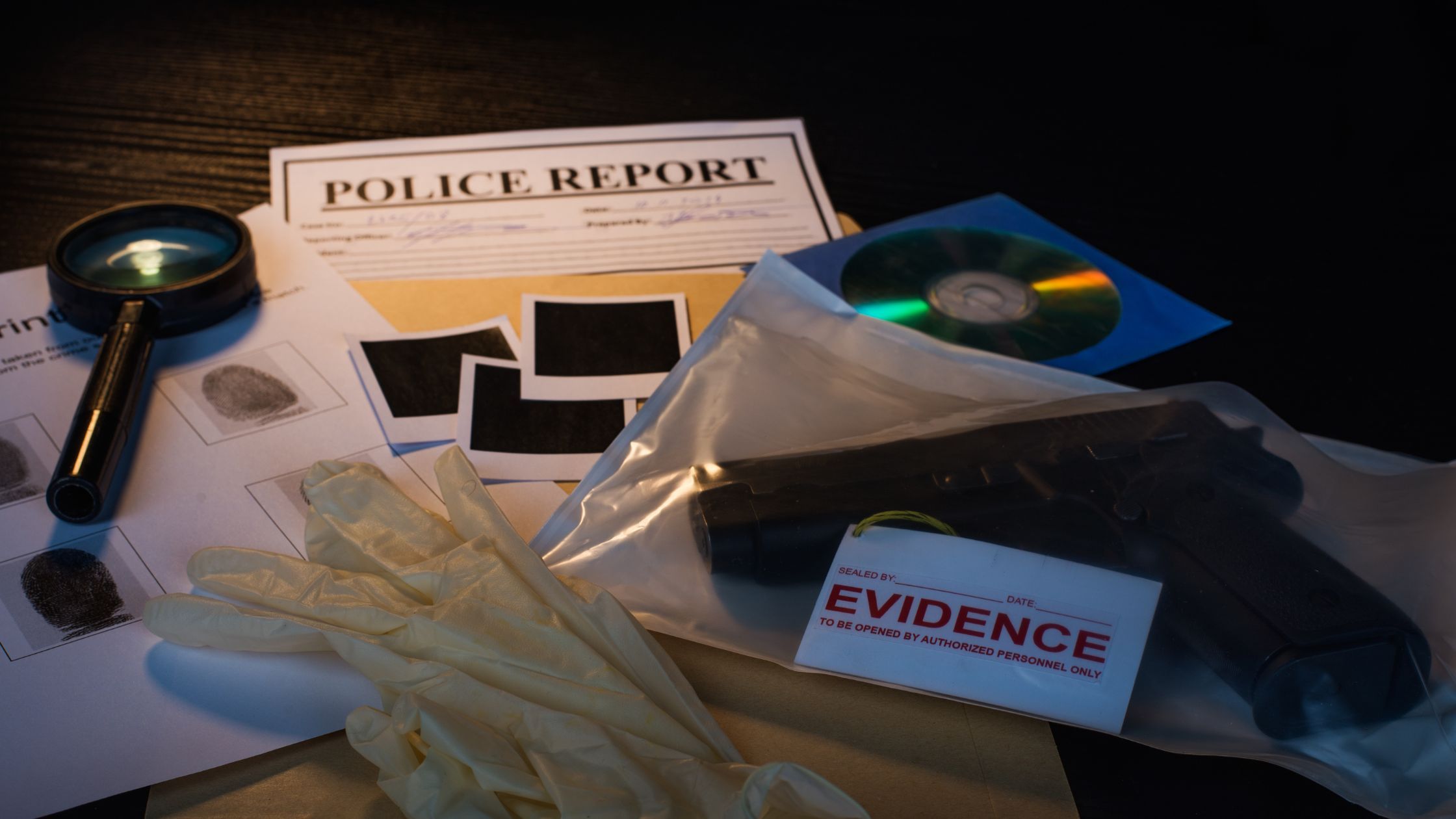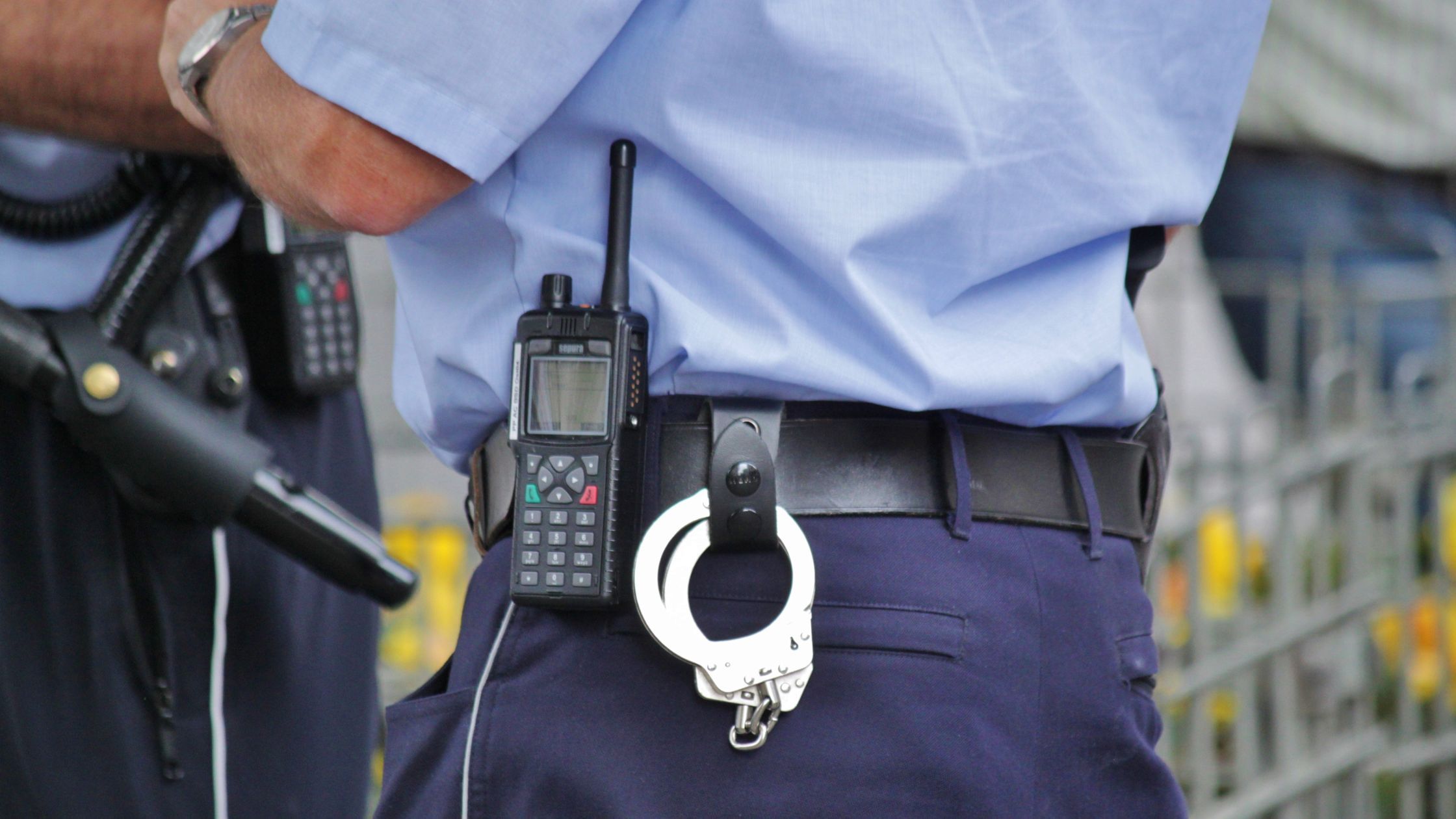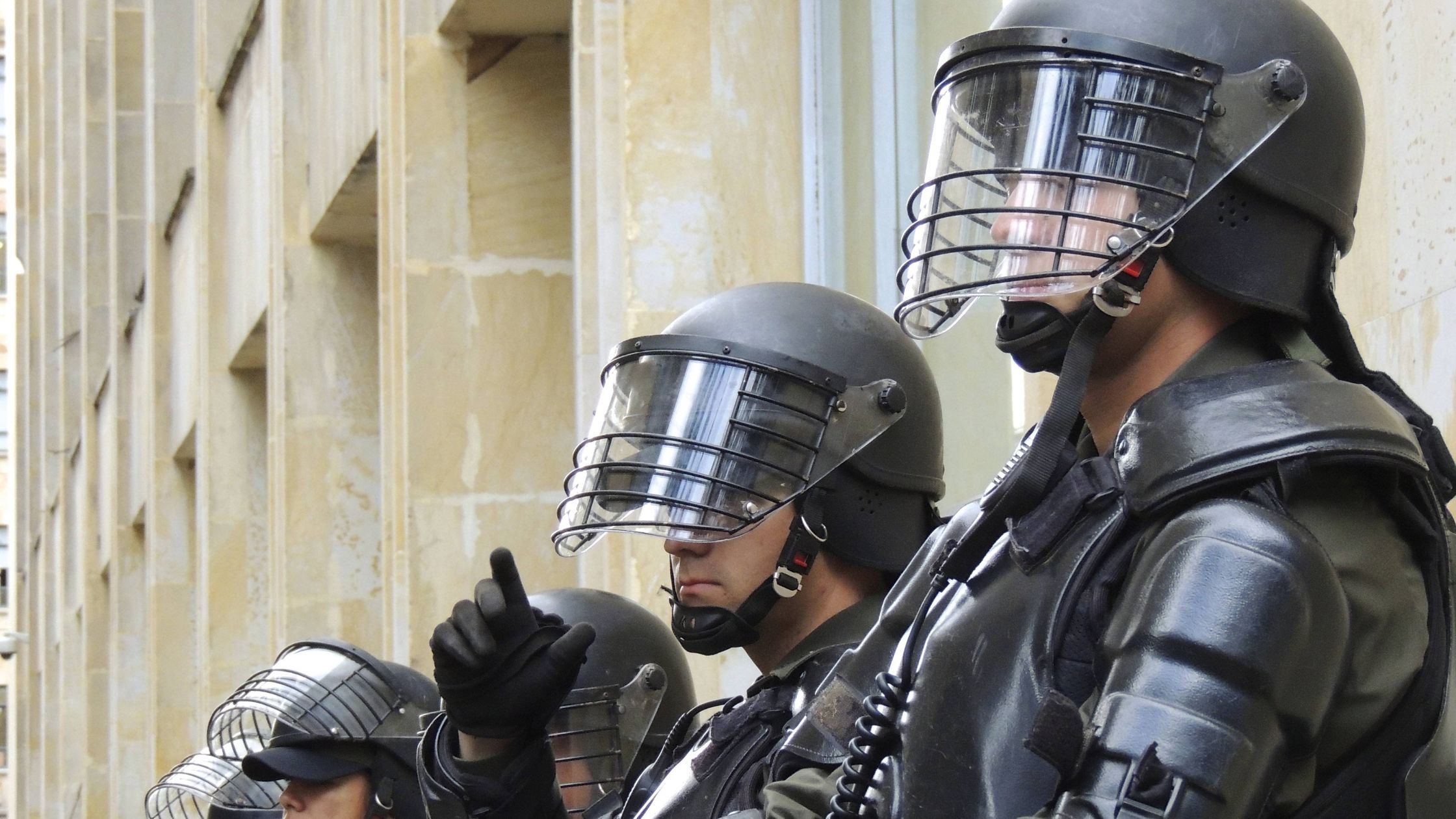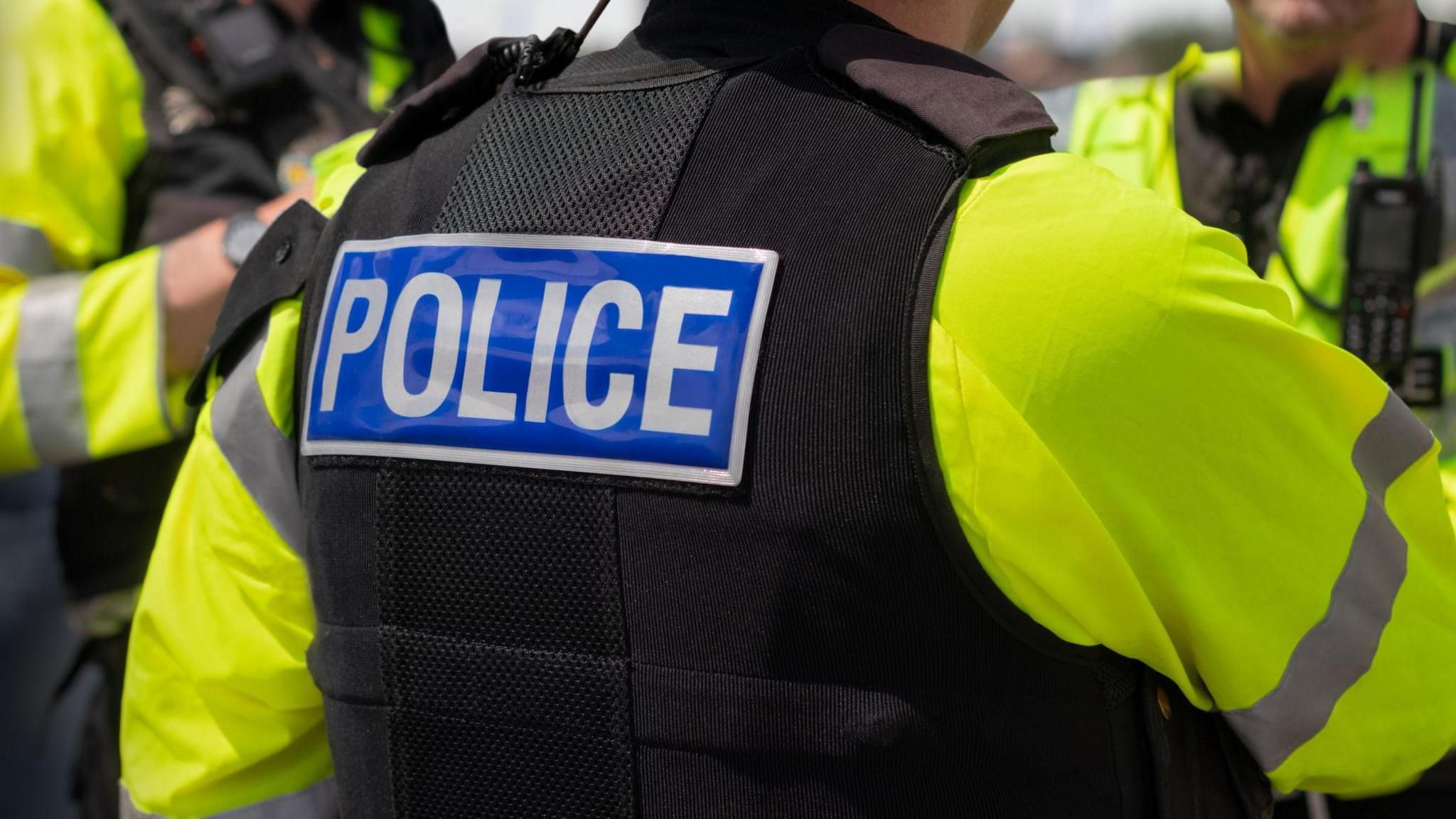Section 1 of the Police and Criminal Evidence Act 1984 gives every police officer the power to stop and search a person to look for stolen goods, articles for use in certain property offences, offensive weapons, bladed or pointed articles or fireworks. Nevertheless, in order to use this power, the officer must have reasonable grounds for suspicion before they stop and search them. Reasonable grounds mean that the officer must genuinely suspect that they will find the item they are searching for and it must be objectively reasonable for them to suspect this with the information available to them. Code A of this Act provides examples of what is not a reason to search. These are: - 1. A person's physical appearance. 2. Previous criminal activity or convictions. 3. A stereotypical or generalised assumption about belonging to a particular group. This does not mean that police officers cannot stop a person who meets any of the above criteria, rather they cannot be the reason for stopping them.
Search of a Person If you are searched by the police, they must follow proper procedure and if they do not, the individual is entitled to damages (compensation). The recent case of Stewart & Chergui v The Commissioner of Police of the Metropolis held that even though a police officer had the power and grounds to stop and search, because the proper procedure was not followed, the Claimant was awarded £250 in damages. Before you are searched by the police you must be told: - 1. The reasonable grounds for the search. 2. What items they are searching you or your vehicle for. 3. Their name and/or number and the police station they are attached to. 4. Which legal powers they are using to carry out the search. 5. That a record of the search is being made and that every person searched is entitled to a record of that search. If a record is not provided to you at the time of the search, the officer must explain why it is unpracticable to do so. If this is the case, then they officer must tell how you can obtain a copy of the search record and that the request can be made within twelve months of the search. Search of a Property Searches of a person's home or workplace may also be made under the Police and Criminal Evidence Act 1984. As with a stop and search, the police have procedures to follow in order for it to be lawful. A recent case whereby police officers conducted two searches of the same premises and failed to follow procedures, by leaving a copy of the warrants, resulted in the searches being unlawful. As a result, the High Court awarded damages of £1,200 for the first search and £1,500 for the second.






























